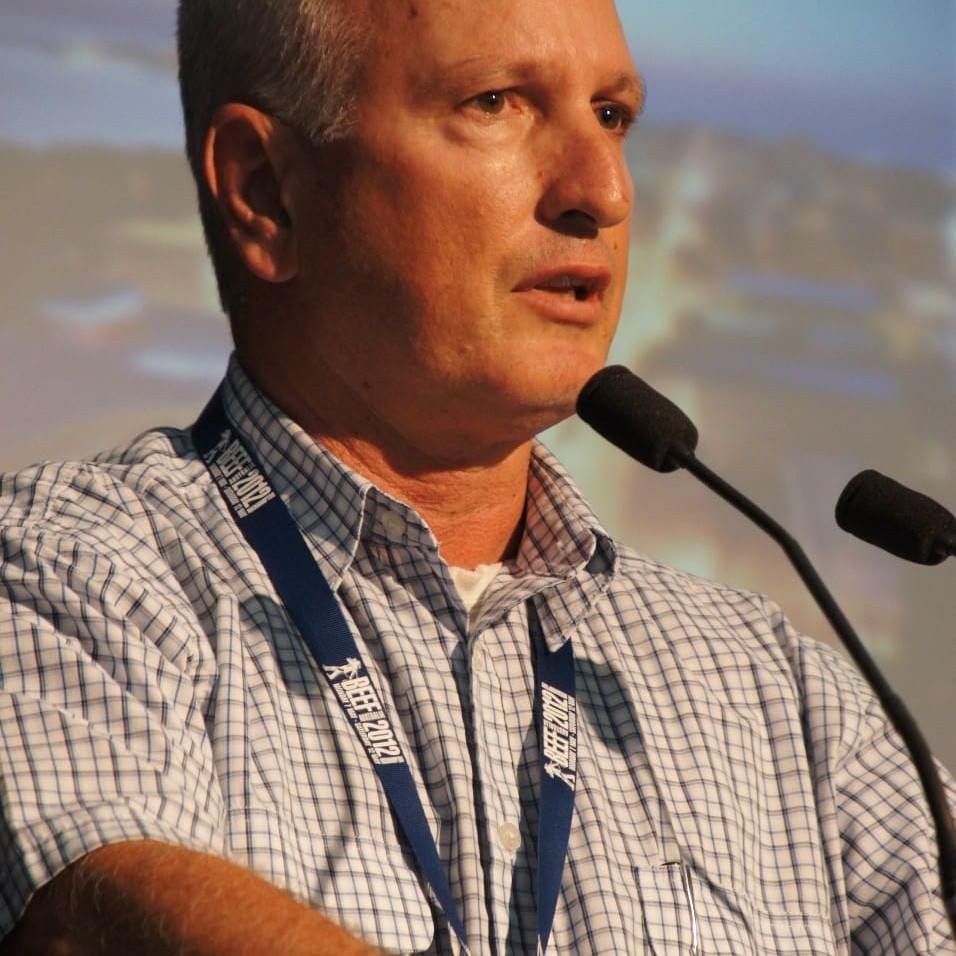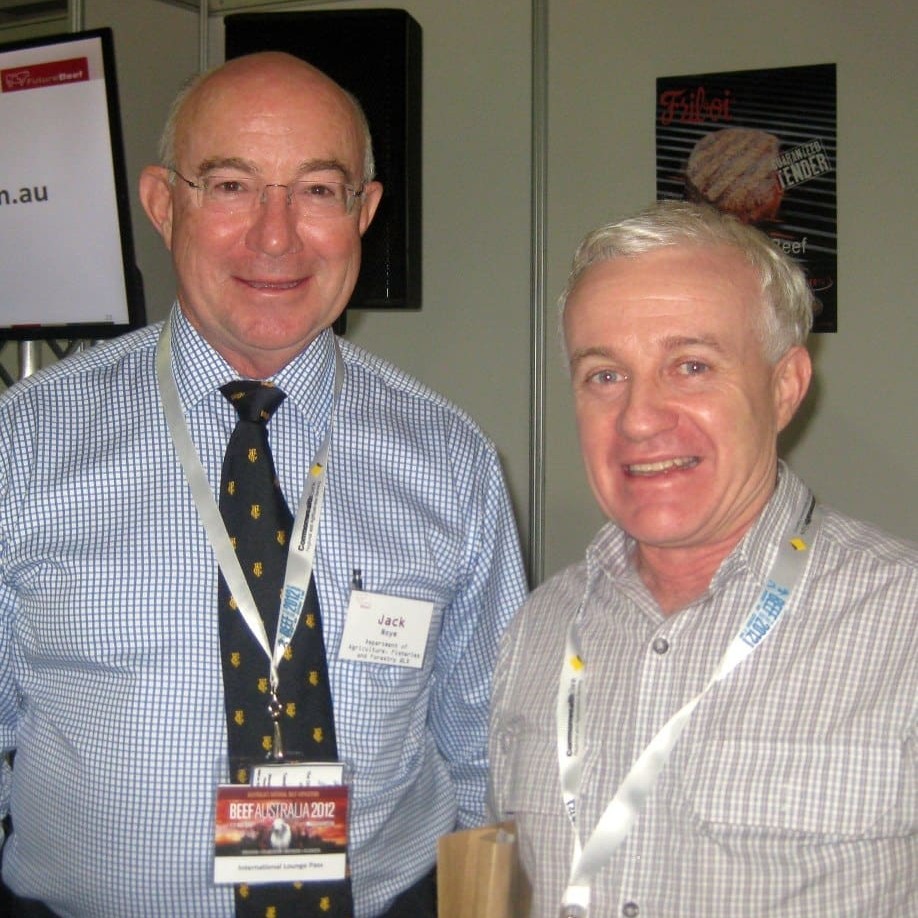 FutureBeef was launched at Beef 2012 on Wednesday as a collaborative extension approach for Northern Australia's cattle industry, as part of a revitalised National Beef Research, Development and Extension strategy.
FutureBeef was launched at Beef 2012 on Wednesday as a collaborative extension approach for Northern Australia's cattle industry, as part of a revitalised National Beef Research, Development and Extension strategy.
Under the FutureBeef brand partnership, the Queensland Department of Agriculture, Fisheries and Forestry, Northern Territory Department of Resources and the Department of Agriculture and Food Western Australia have teamed with Meat & Livestock Australia to deliver strategically-aligned and co-invested extension programs.
Chairman of the North Australian Beef Research Council, Ralph Shannon, provided a hard-hitting assessment of the need to take a different approach to R,D and E across this massive region representing 59 percent of the national beef herd.
While fully supportive of the launch, Mr Shannon said the cooperation for the FutureBeef partners was not new and it did not need a national strategy to validate this joint approach.
"The reality is that we must work together because there is no longer enough of us to preserve critical mass," Mr Shannon said.
"Times have changed and we must not only move with them, but attempt to influence their movement. FutureBeef is once such response."
Mr Shannon said the recently released NABRC Priortities Prospectus developed in conjunction with NABRC's 11 Regional Beef Research Committees across northern Australia was in response to a national framework approach endorsed by industry producer organisations.
"The challenge for us in the NABRC space is to define the response in priority areas beyond extenion.
"MLA has a key responsibility as an investor in a broad range of issues as has the three government jurisdictions that traditionally underpin the R,D & E system."
Mr Shannon called for the implementation of longer timeframe, larger scope collaborative programs rather than project by project partnering. MLA had begun this approach with their Southern Feedbase program linked to the Northern Grazing Systems project.
"This longer term approach will hopefully shore up some of the decline in capacity in agencies which is some areas approaches crisis," he said.
"There can be no more important issue than the health of the industry and the R,D & E system which seeks to serve it and on which it relies. Both are worthy of intensive care.
"Driving collarboration is one solution – moving to user pays for institutional services is another which already operates in other southern states – engaging with the private sector is another which we in northern Australia have yet to develop to any significant extent."
Mr Shannon said the simplist solution was to put more tax-payer dollars into preserving and growing agriculture through a healthy R,D & E system.
"This may be politically nieve and even lacking in economic integrity, but the reality is that there are still great community expectations on producers to meet standards, which are perhaps reasonabe, but impose additional operation costs on them," Mr Shannon said.
Through a one-stop shop approach for producers, FutureBeef will make use of new technologies by investing in extension and training to provide practical tools and management options to support business development.
DAFF's new director general
 Newly-appointed Queensland Department of Agriculture, Fisheries and Forestry director-general, Jack Noye, gave an assurance that the Department would put extension services back into the frontline during the next seven months.
Newly-appointed Queensland Department of Agriculture, Fisheries and Forestry director-general, Jack Noye, gave an assurance that the Department would put extension services back into the frontline during the next seven months.
Mr Noye said LNP's commitment to re-instate extension services had generated excellent feedback from the broader rural community and industry.
